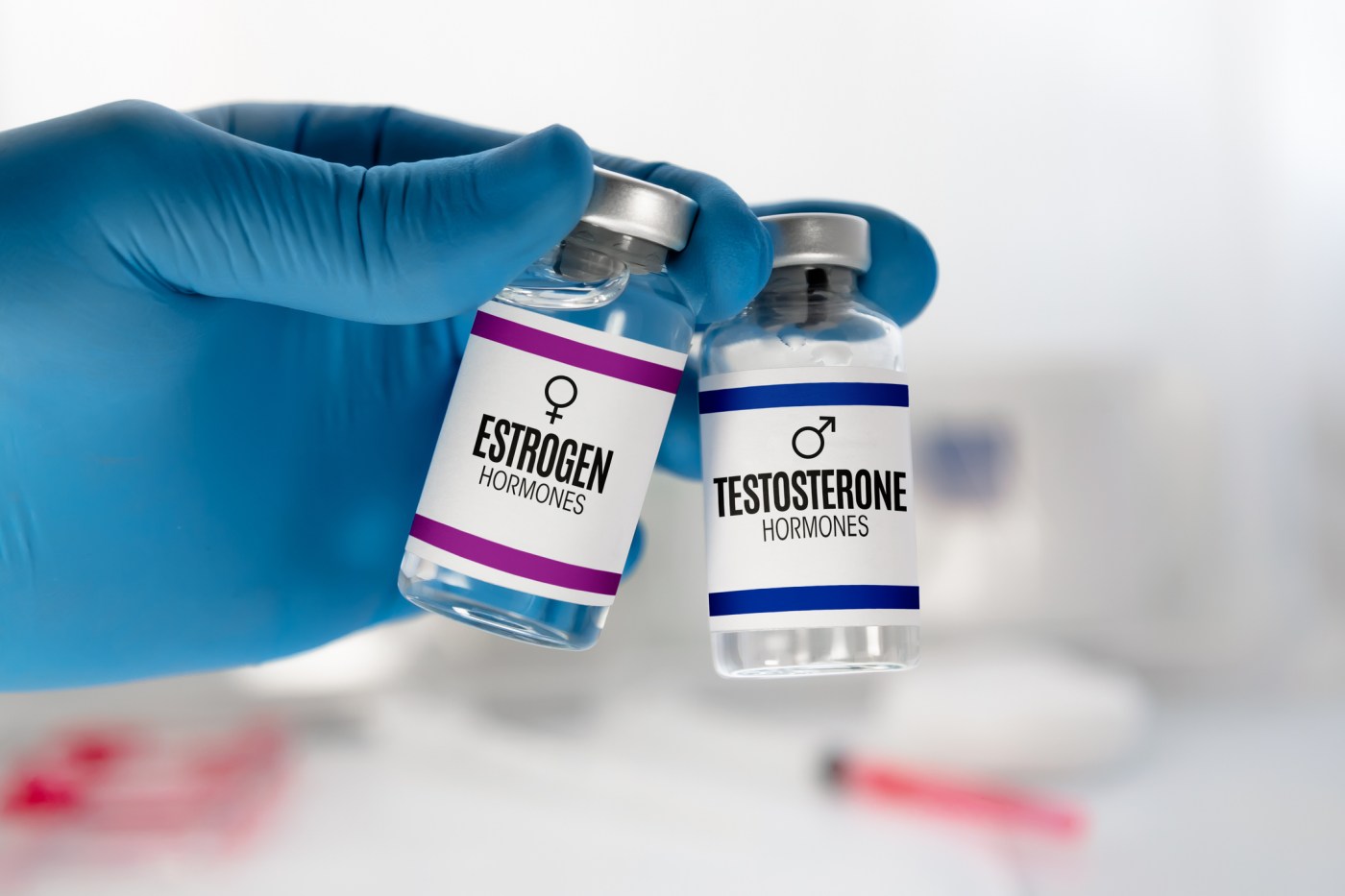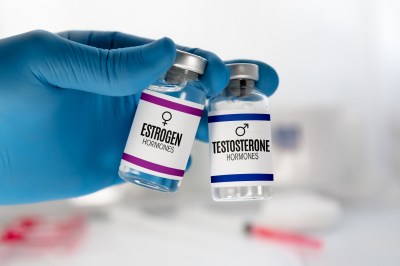A federal judge in Florida issued a preliminary injunction last week allowing three transgender children temporary access to puberty blockers and cross-sex hormones while a law banning the medications undergoes court challenges in the state. The next day, Missouri Gov. Mike Parson signed a bill prohibiting physicians from providing hormone treatment and gender reassignment surgeries to minors, making it the 17th state in 2023 to do so, according to the Movement Advancement Project.
Gender-related medical interventions for children, an issue that was rarely discussed just a few years ago, has become a central feature of America’s legal and cultural battlefield, dividing parents and acting as a litmus test for Republican leaders.
Where will it go from here?
Shifting opinions in Europe.
“Gender-affirming care,” a common term for the provision of hormones or surgeries designed to make the recipient more closely resemble the opposite sex, had its roots in Europe in the early 20th century. In the 1990s, Dutch physicians first proposed the use of puberty blockers to treat minors with gender dysphoria, defined by the American Psychiatric Association as “psychological distress that results from an incongruence between one’s sex assigned at birth and one’s gender identity.” But Europeans are now growing increasingly skeptical of the procedures and have begun restricting minors from accessing them. In 2022, Sweden’s National Board of Health and Welfare updated its guidelines, which were first published in 2015, for determining who should be given hormonal treatment, recommending that it should only be offered in “exceptional cases.” Norway, Finland, and the United Kingdom have taken similar steps.
But major medical organizations in the U.S. are moving in the opposite direction: The American Psychiatric Association, the American Academy of Pediatrics, and others staunchly support these procedures, claiming they can be “lifesaving” for children and beneficial for their mental health.
States take action.
In 2021, Arkansas became the first state to ban the practice of physically transitioning minors, overriding former Gov. Asa Hutchinson’s veto of the Save Adolescents From Experimentation (SAFE) Act. Under the SAFE Act, physicians would not have been able to legally provide puberty blockers, cross-sex hormones, or surgeries to minors, or to alter healthy physical characteristics. Lawmakers cited the lack of long-term data on puberty blockers, the severe health risks of cross-sex hormones—including infertility and heart disease—and the exceedingly small percentage of Americans who experience gender dysphoria. Hutchinson defended his veto in a Washington Post op-ed, describing the bill as “vast government overreach” unsupported by top medical associations.
Still, Alabama and Arizona followed suit in 2022. (Arizona outlawed surgery but not medication.) In 2023, 17 states—Florida, Georgia, Idaho, Indiana, Iowa, Kentucky, Mississippi, Missouri, Montana, Nebraska, North Dakota, Oklahoma, South Dakota, Tennessee, Texas, Utah, and West Virginia—enacted legislation prohibiting hormones and surgery for minors.
Some of those bans won’t go into effect until later this year, and many face lawsuits from the families of transgender children or civil rights organizations acting on their behalf.
Lawsuits focus on equal protection arguments.
After Arkansas’ SAFE Act passed in 2021, a group of families and pediatricians who provided gender-related medical treatment sued Arkansas state officials. In Brandt v. Rutledge, they argued that the law discriminated against transgender children on the basis of their sex and transgender status, violating the equal protection clause of the 14th Amendment, and prevented parents from making medical decisions for their children, violating the due process clause. In August 2022, the U.S. Court of Appeals for the Eighth Circuit affirmed a district court’s ruling blocking provisions in the SAFE Act while the case is pending.
Lawsuits challenging other state bans on these procedures likewise appeal to the 14th Amendment, including the suit brought by the Florida families last week. Judge Robert Hinkle of the U.S. District Court for the Northern District of Florida agreed with the Eighth Circuit’s decision to block the SAFE Act, writing that “the decision is on point, well reasoned, and should be followed.” “Consider an adolescent, perhaps age 16, that a physician wishes to treat with testosterone,” he wrote. “Under the challenged statute, is the treatment legal or illegal? To know the answer, one must know the adolescent’s sex.”
We should expect future lawsuits to continue to “fall back on arguments based on discrimination,” according to Roger Severino, Vice President of Domestic Policy at The Heritage Foundation and former director of the Office of Civil Rights at the Department of Health and Human Services. “Some will push some other arguments based on procedural sorts of things or not following the proper process,” he tells The Dispatch, “but I think most of the primary ones that will eventually go to the Supreme Court are going to be based on anti-discrimination rationale.”
There’s a lack of scientific evidence supporting transition procedures for minors, Severino adds, and states have historically had the freedom to regulate their own health care practices. Nevertheless, we should be prepared for more rulings to be issued as the suits work their way through the courts.






Please note that we at The Dispatch hold ourselves, our work, and our commenters to a higher standard than other places on the internet. We welcome comments that foster genuine debate or discussion—including comments critical of us or our work—but responses that include ad hominem attacks on fellow Dispatch members or are intended to stoke fear and anger may be moderated.
With your membership, you only have the ability to comment on The Morning Dispatch articles. Consider upgrading to join the conversation everywhere.